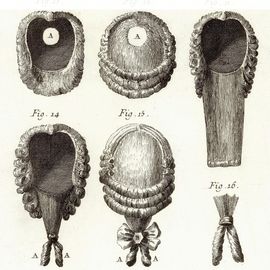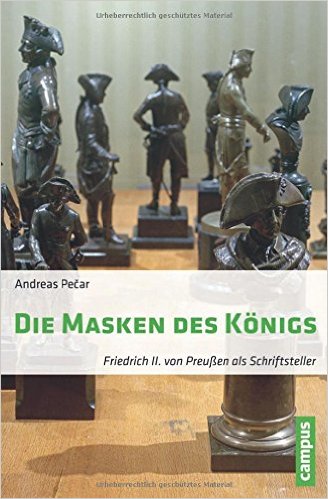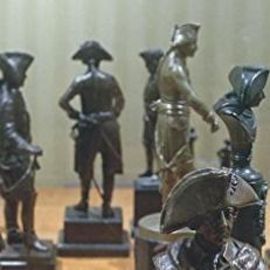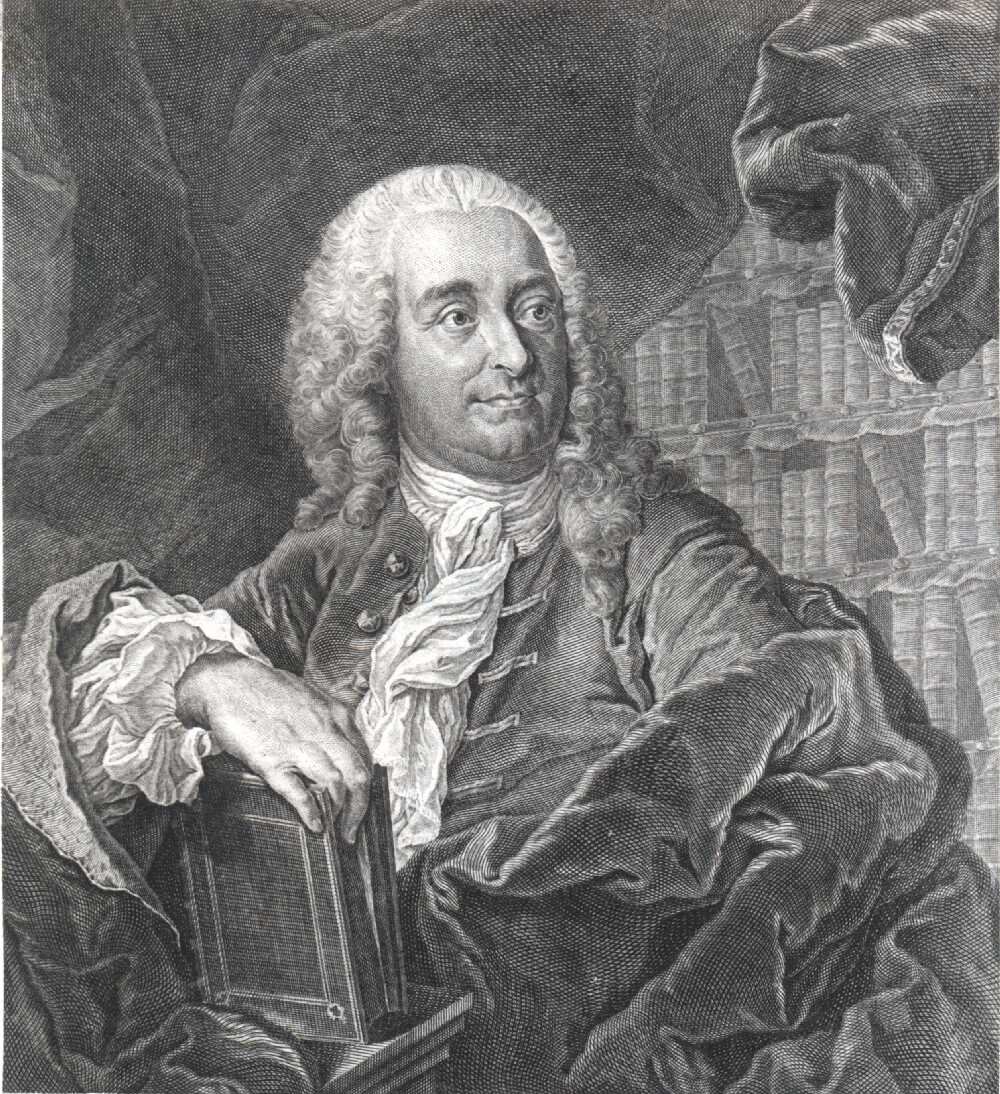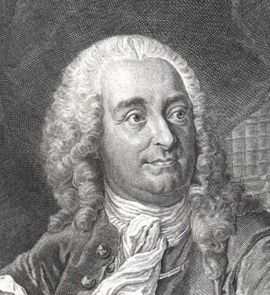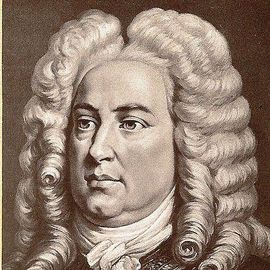Completed Projects
The unfamiliarity of the Enlightenment: Was the Enlightenment the true bedrock of modernity?
Andreas Pečar, Damien Tricoire
The Enlightenment is always claimed to be the foundation era of modernity, as for example recently after the Paris attacks against Charlie Hebdo. But is it really the case? Did Enlightenment thinkers champion modern notions of tolerance, human rights, gender equality, or equality between peoples?
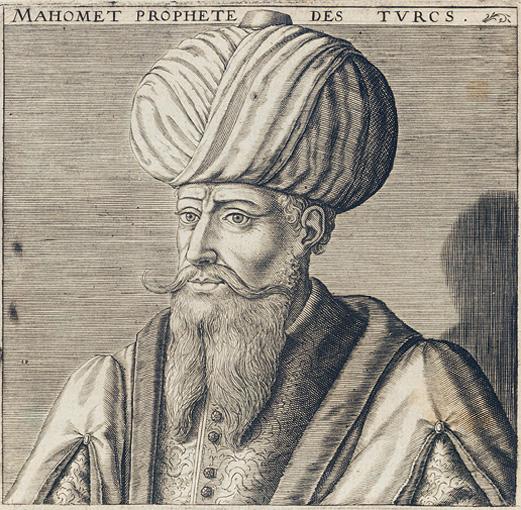
Enlightenment and Religions
Daniel Cyranka
The research theme “Enlightenment and Religions” will address topics which play a fundamental role in the department for religious studies and intercultural theology.
The Masks of the King. Friedrich II of Prussia as Writer
Andreas Pečar
King Frederick II of Prussia was always considered by his contemporaries as well as by posterity as an exception. His role as a philosopher in particular contributed to this image, role that he already adopted as crown prince and always emphasized as king.
read more
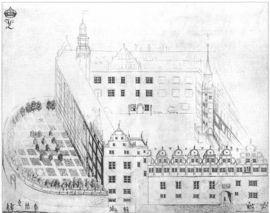
Court and Administration of Prince Franz of Anhalt-Dessau (1758–1817). Structure, Personnel, Functionality
Paul Beckus
Leopold III Friedrich Franz of Anhalt-Dessau (1758-1817) was considered by his contemporaries as the ideal of an enlightened ruler. Prince Franz, today largely unknown, was amongst the most popular rulers of the late Old Empire.
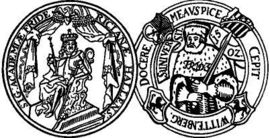
The Brandenburg-Prussian University Policy in the Early Phase of the University of Halle (1688–1740)
Andreas Pečar, Marianne Taatz-Jacobi
The basic question of the research project is: what "university policy" has the Prussian government pursued in the newly founded University of Halle in the first fifty years of its existence?
read more
Historical-Critical Edition of the correspondence between Christian Wolff and Ernst Christoph, count of Manteuffel (1738–1748)
Jürgen Stolzenberg, Detlef Döring (†), Katharina Middell, Hanns-Peter Neumann
The aim of the project is to publish a historical-critical edition of the correspondence between the philosopher Christian Wolff (1679-1754) during his time in Marburg and Halle and his patron, Ernst Christoph, count of Manteuffel (1676-1749), during his time Berlin and Leipzig. The correspondence alone includes 488 letters from the two correspondents and extends from the 11th of May 1738 to the 5th of November 1748.
read more
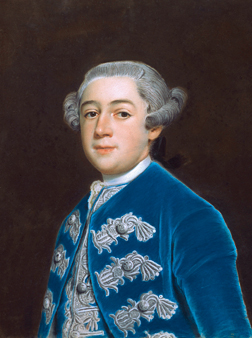
Autocracy or Consensus – Oriented Governance? Prince Leopold III Friedrich Franz of Anhalt-Dessau (1758–1817) and “Regierung aus dem Kabinett”
Autocracy or Consensus – Oriented Governance? Prince Leopold III Friedrich Franz of Anhalt-Dessau (1758–1817) and “Regierung aus dem Kabinett”
Andreas Pečar, Paul Beckus
Leopold III Friedrich Franz, Ruling Prince of Anhalt-Dessau, is mainly known as the builder of the Garden Kingdom of Wörlitz. He is considered one of the most representative examples of the enlightened rulers of the late 18th century.
read more
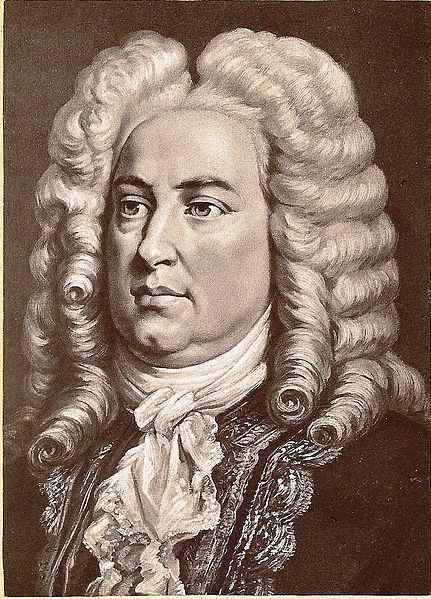
Political Instrumentalisation of Music of the Past in 20th-century Germany Using the Example of Handel.
Political Instrumentalisation of Music of the Past in 20th-century Germany Using the Example of Handel.
Wolfgang Hirschmann
As a research project dedicated to the question of the mechanisms of the political instrumentalisation of music of the past in 20th-century Germany, the planned investigation belongs to the broader theme of the relationship between music and politics.
read more

Halle as Innovative University? Novelty and Innovation as Historical and as Historiographical Categories
Daniel Fulda, Andreas Pečar u.a.
The University of Halle is given a special place in the history of universities: Especially during its foundation phase around and after 1700, it is described as the place of origin of novelty.
read more


